Simply based on what has been revealed about it so far, Avowed‘s skill system seems like it would be a multiclass player’s dream. This is largely due to Obsidian Entertainment’s design philosophy focused on ensuring that every combat option in the game remains viable at all times. It’s also clear Obsidian strives to afford players immense power when customizing their playstyle and shaping their character. All of that being said, however, Avowed does have class-specific skill trees players can pull abilities from, although they still don’t seem to impose any threatening limitations on player agency.
Game Rant had the chance to chat with Obsidian about Avowed‘s skill trees and how they manifest in gameplay. During the interview, game director Carrie Patel offered precise details about each skill tree in Avowed, including some tips for how players can optimize their playstyle to suit their preferences.
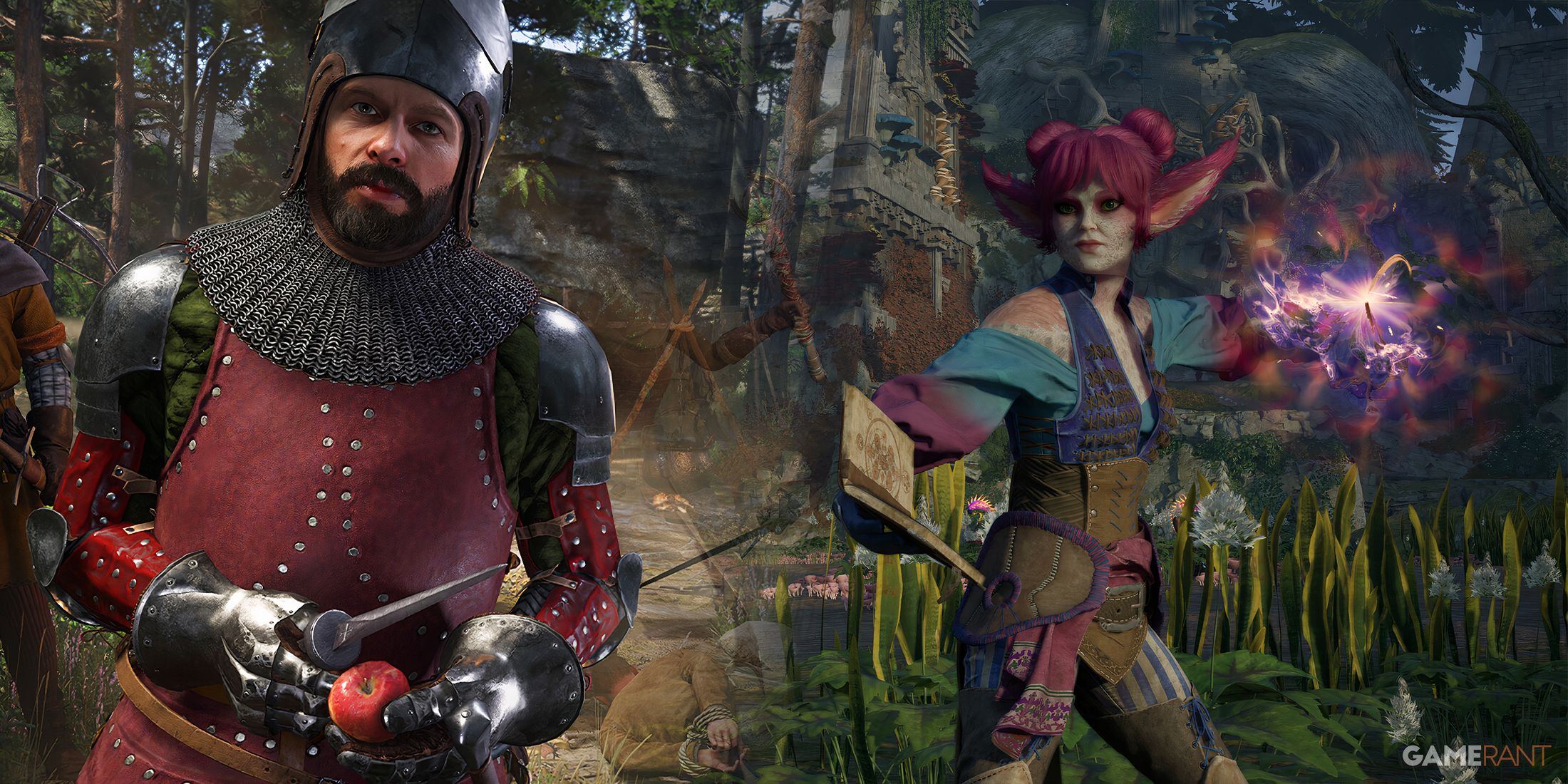
Related
Avowed and Kingdom Come: Deliverance 2 Are Two Sides of the Same Coin
Avowed and Kingdom Come: Deliverance 2 may be two different games in one big way, but beneath the surface, they offer a very similar experience.
Breaking Down Avowed’s Skill Trees
One of the key pillars of Avowed is ensuring players have plenty of different options for weapons and skills. This is all part of Avowed‘s unabashed desire to empower players to choose their own path, especially in gameplay. However, rather than locking players down to one character class, Avowed ensures players can mix abilities from various class-specific skill trees to form the hybrid character of their dreams. These skill trees are the Fighter tree, the Ranger tree, the Wizard tree, and a mysterious fourth skill tree yet to be revealed.
The Fighter Tree: Strength and Resilience
True to its name, the Fighter tree is focused on melee combat in Avowed more than anything else. Specifically, “The Fighter tree is focused on defense, damage mitigation, two-handed weapons, and mobility,” Patel said in the interview. A common problem in RPGs that feature melee combat alongside ranged combat — whether it’s spellcasting, bows, or firearms — is that melee options tend to be trivialized. Thankfully, Avowed‘s freeform skill system and situational combat should, in theory, alleviate those issues. Still, if players wish, they can have a build solely focused on melee. As Patel mentioned,
“If you stayed exclusively in this tree, you could make a damage-focused Barbarian who does massive damage with huge weapons, who charges and jumps about, and generally smashes things.”
The Ranger Tree: Versatility and Precision
Purely based on its name, one would think the Ranger tree in Avowed would center around ranged combat alone. However, that doesn’t seem to be the case, as it appears to be a melee-range hybrid of sorts that is more akin to a traditional RPG rogue class than anything else. That said, it seems to pull from the more modern concept of an RPG beastmaster or hunter as well. When asked about the design behind the four skill trees in Avowed, Patel said of the Ranger tree,
“The Ranger Tree is a mix of one-handed weapon skills, stealth skills, ranged weapons, and evasion. Staying only in this tree, you could build a dual-wielding stabby character, or a stealthy sniper with huge crits, or a ranger with a bear pet and crowd control skills. If you want to be a tank with a shield, you’ll likely dip into this tree to boost your one-handed damage and parry.”
Based on what Patel had to say about the Ranger skill tree in Avowed, it may very well be the most versatile tree in the game, encompassing a wide range of abilities — from stealth to ranged to animal companion-based combat. Patel’s comments on the Ranger tree also showcase Avowed‘s build flexibility, as a tank character (who would be expected to draw primarily from the Fighter tree) may wish to increase their one-handed damage, parry, and even evasion via the Ranger tree.
The Wizard Tree: Spellcraft and Specialization
RPG enthusiasts might presume to know at least some details about what to expect from Avowed‘s Wizard tree, as it may seem like nothing more than a library of spellcasting skills. However, there appears to be more depth to it than that based on what Patel had to say about it. In fact, Patel had more to say about the Wizard tree in Avowed than any of the others. This doesn’t necessarily mean that skills from the Wizard tree will be more viable than those from the Fighter, Ranger, or the fourth tree, as Avowed desires balance above all else. At the same time, the Wizard tree will help players in ways that other trees simply can’t. Patel explained,
“The Wizard tree is all magic. The player can find new spells in the world in tomes called Grimoires. These Grimoires are weapons, held in the offhand they can be upgraded to make their spells cheaper and for faster casting. From the upgrade tree you can put points into spells to learn them, giving you access to them with or without the Grimoire, and also modify them, making them more powerful. Other parts of this tree give access to powerful passives that modify how spells work, your defenses, and let you specialize in types of magic. While a melee focused player could entirely ignore this tree if they wanted to, I think most will pick out something they like to augment their character.”
In light of what Patel had to say about Avowed‘s Wizard tree, players may visit it occasionally to enhance their build in some way. Of course, there is always the option to invest heavily in the Wizard tree leading to a high-risk and high-reward character build. The game director continued,
“Going deep in this tree can result in a classic glass cannon build, but you have other options. If you choose Frost you have more crowd control options, going Decay/Poison.”
In many RPGs that feature magic as a combat option, a good offense is often the best defense, but Avowed has other plans for players in its situational combat. It may be that players occasionally find themselves facing overwhelming odds, so building a character solely around magic may not be the best route to take.
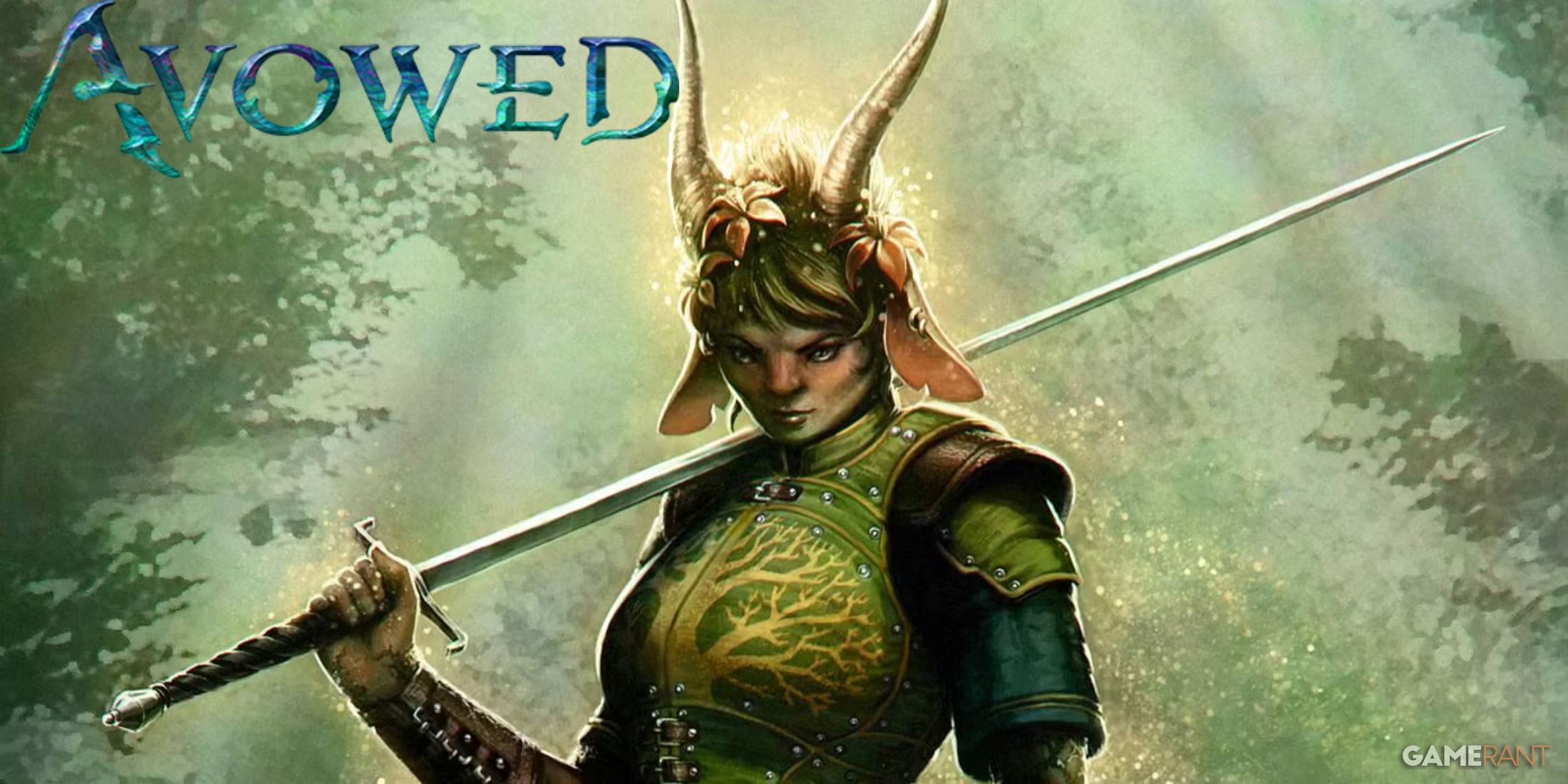
Related
Avowed’s Godlike Features are a Dream for Character Customization
Avowed’s character creator has some extremely tough competition, but its Godlike features could be just what it needs to stand out from the crowd.
The Mysterious Fourth Tree
While there are already plenty of options to choose from in Avowed‘s Fighter, Ranger, and Wizard skill trees, there is apparently another tree that Obsidian is unwilling to divulge currently. Before discussing the potential for hybrid builds in Avowed, Patel said of the fourth tree, “The last tree we want players to find out more for themselves when they hop into the game.” The three mentioned trees already encompass almost every traditional RPG archetype, so this mysterious fourth skill tree must be unique to Avowed, and more than likely tied to the narrative — which is why Obsidian would be hesitant to reveal anything about it.
With everything revealed so far, Avowed‘s skill system is shaping up to be a flexible and rewarding RPG progression system. Obsidian’s emphasis on build diversity ensures that players can approach Avowed‘s combat in whatever way best suits their preferred playstyle, whether that means spending all their points on a single tree or blending multiple disciplines to create a hybrid character. From the melee prowess of the Fighter tree to the versatility of the Ranger and the raw power of the Wizard, there seems to be no shortage of options for players to experiment with. With the fourth tree still shrouded in mystery, there’s even more to look forward to.
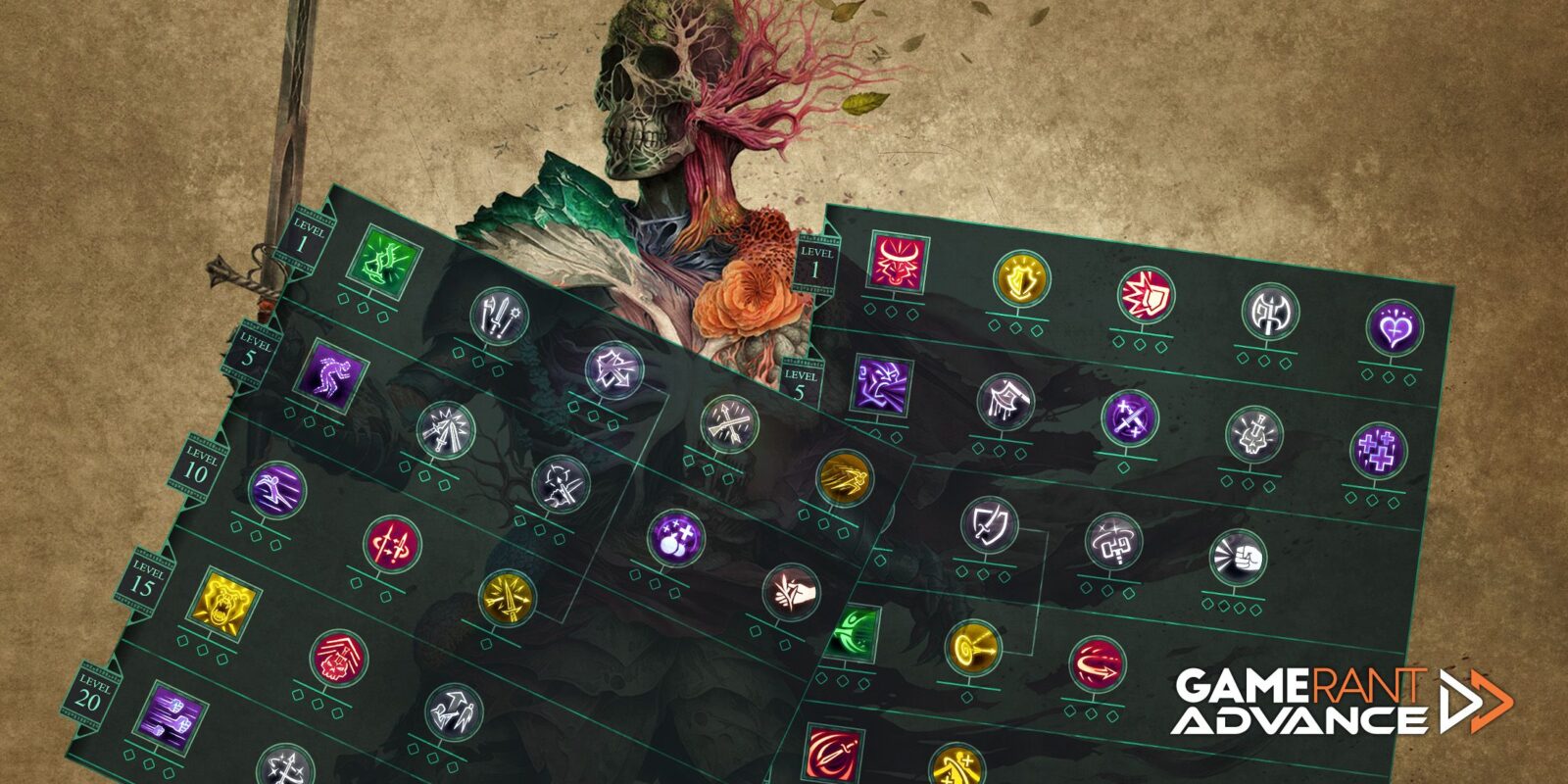
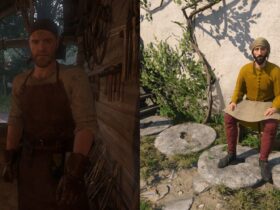
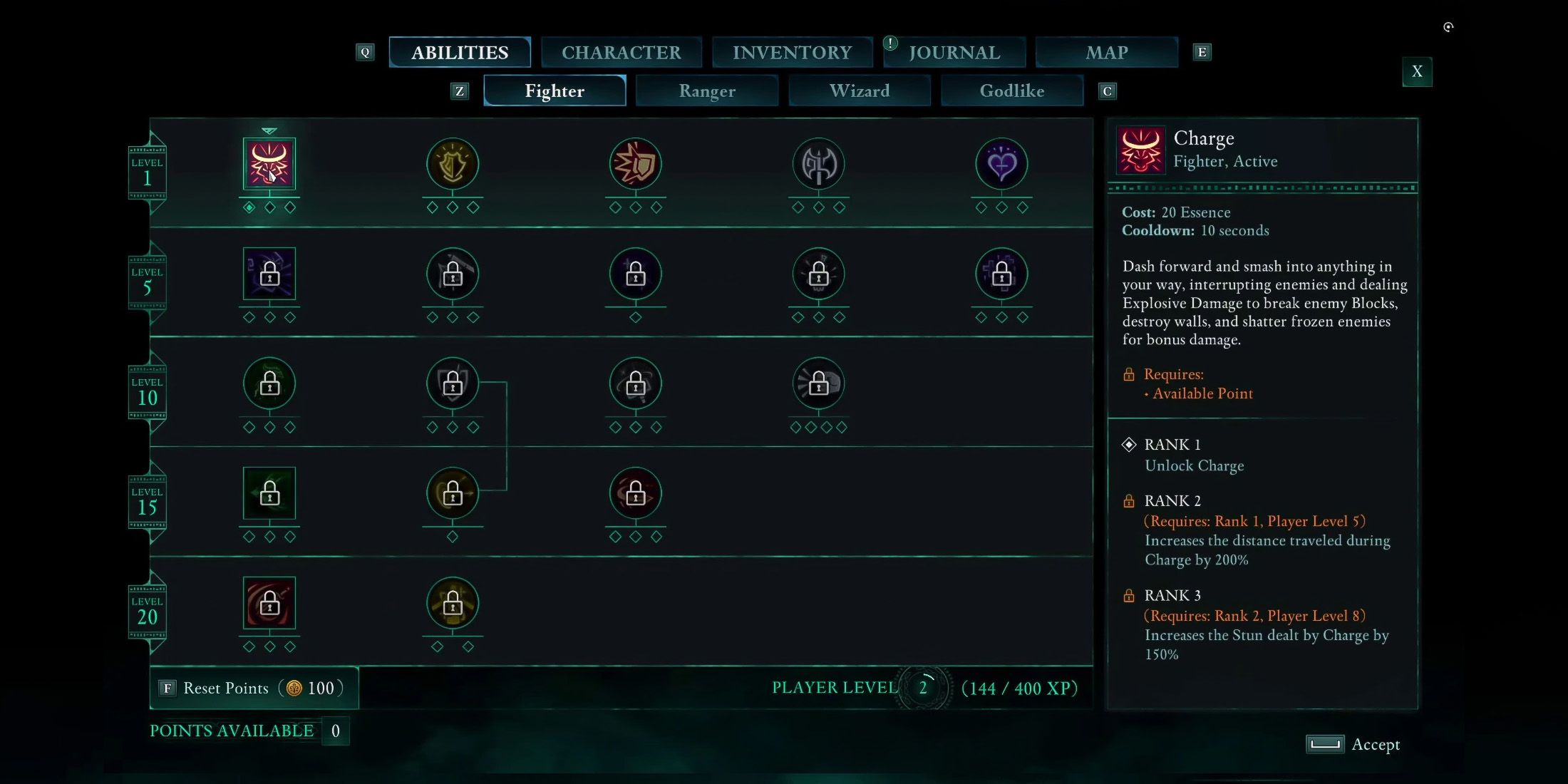
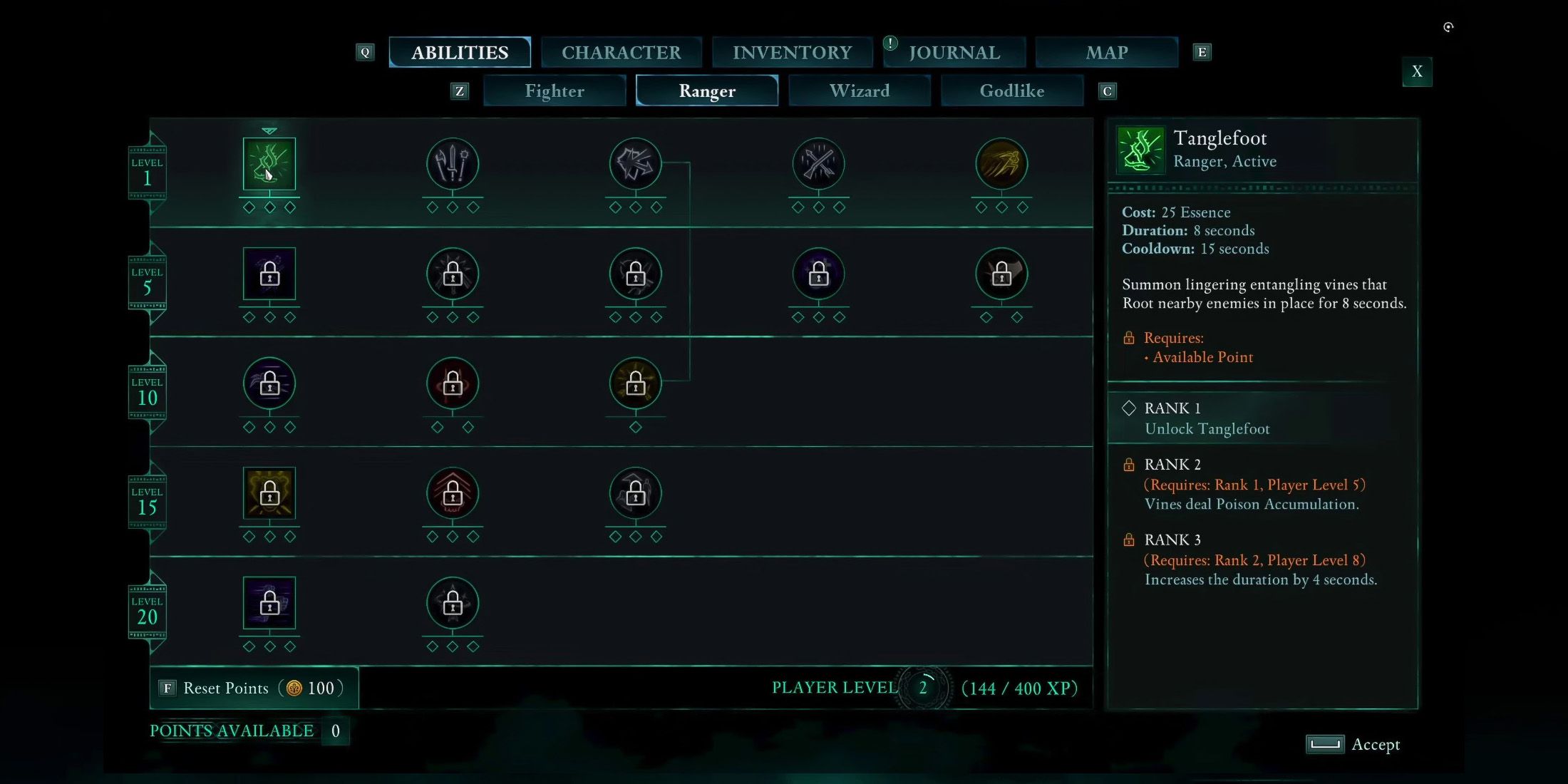
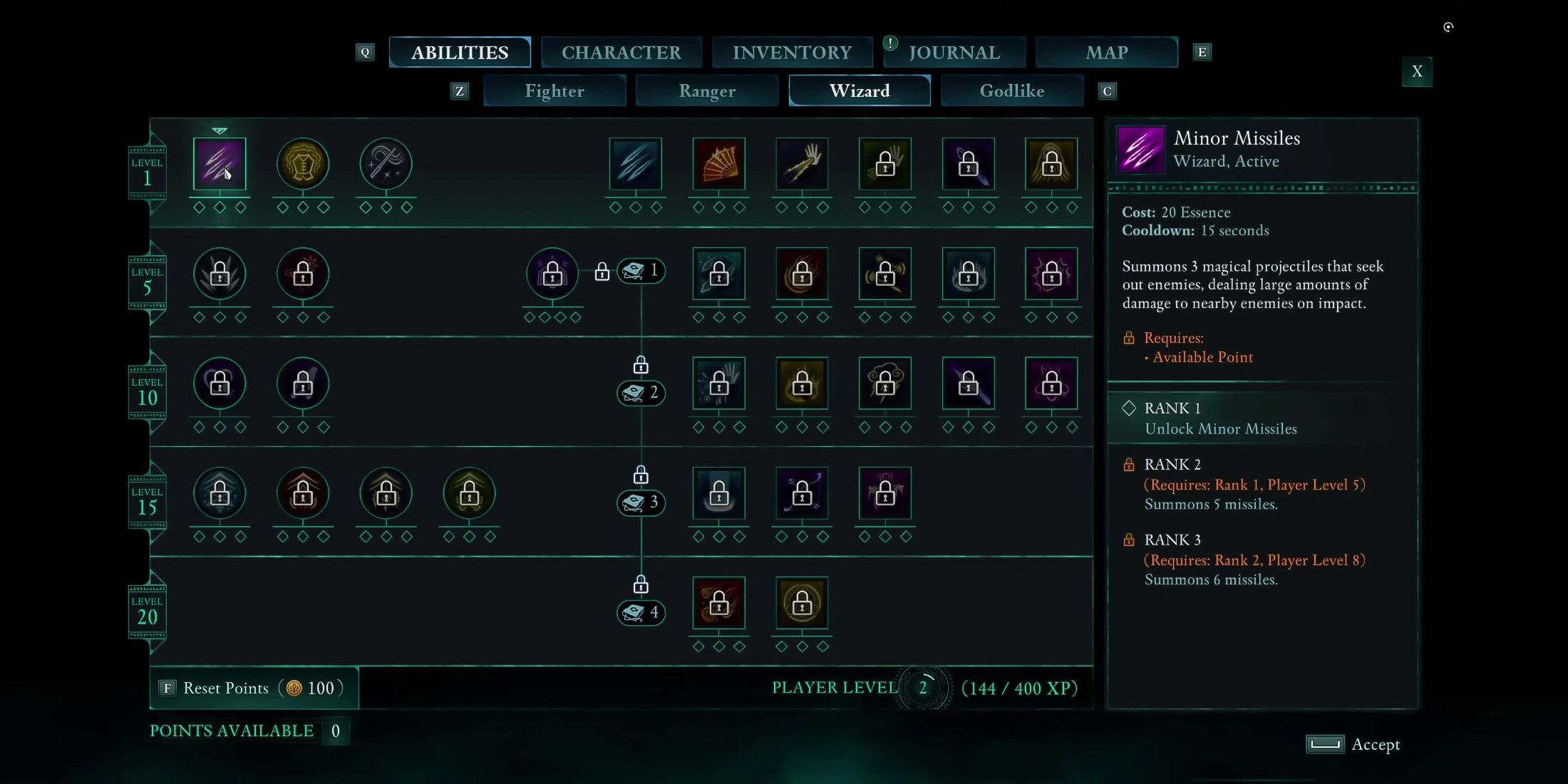




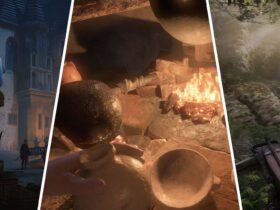

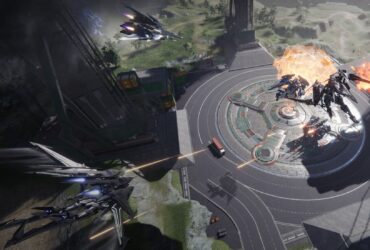


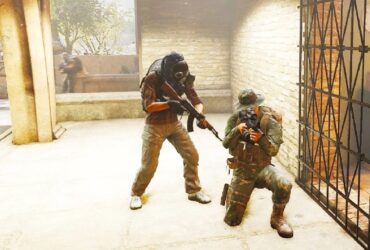

Leave a Reply